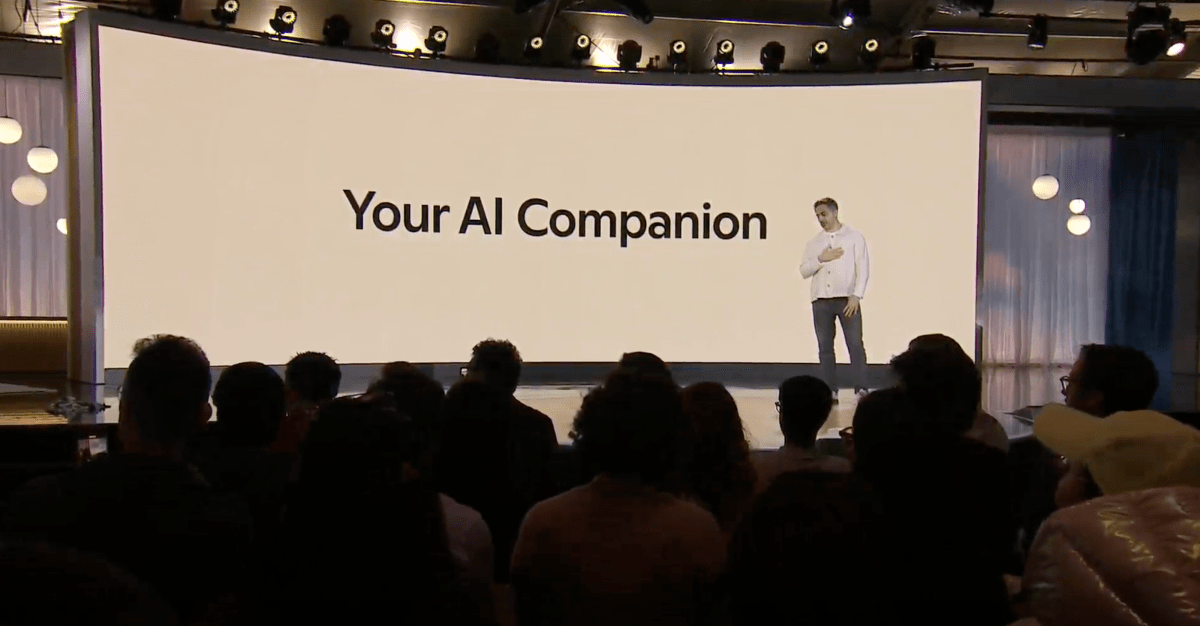Microsoft Allegedly Dismisses Employees After Protest Disrupts Copilot Event

Microsoft Terminates Engineers Over Protest at Anniversary Event
Microsoft made headlines recently when it reportedly fired two software engineers, Ibtihal Aboussad and Vaniya Agrawal, following their protest during the company’s 50th anniversary celebration. This event, which also highlighted Microsoft’s Copilot AI product, became a focal point of controversy due to their vocal opposition to what they perceive as Microsoft’s collaboration with the Israeli military.
Background of the Incident
The situation unfolded during a significant keynote address by Mustafa Suleyman, CEO of Microsoft’s AI division. As Suleyman discussed new artificial intelligence products, Aboussad interrupted by loudly accusing him of having “blood on his hands.” This dramatic interruption was not a standalone incident, as Agrawal later joined in during a panel discussion featuring high-profile leaders such as Microsoft’s CEO Satya Nadella and founder Bill Gates. Agrawal shouted, “shame on all of you… Cut ties with Israel,” clearly expressing her dissent.
Reasons for Dismissal
According to an internal message reviewed by CNBC, Microsoft’s decision to terminate the employees was based on their disruption of the event. The company emphasized that Aboussad had other options for voicing her concerns, such as discussing them confidentially with her manager or the Global Employee Relations team. By choosing to protest publicly, Microsoft claimed the employees intentionally disrupted the proceedings.
Context of the Protest
The engineers’ actions were tied to broader issues surrounding Microsoft’s business dealings. They are linked to a group called “No Azure for Apartheid,” which includes Microsoft employees advocating against the company’s partnerships that they believe contribute to the Israeli military’s actions. This group’s advocacy has gained media attention, particularly concerning Microsoft’s Azure cloud services, which some employees argue are being utilized in ways that support Israeli military operations.
Employee Response
After the protest and subsequent terminations, Aboussad reached out via email to colleagues and company executives. In her message, she asserted that Microsoft had suppressed dissenting voices and linked to a petition associated with the No Azure for Apartheid movement, demonstrating a commitment to continuing the advocacy for corporate accountability regarding human rights issues.
Implications for Microsoft
This incident raises several questions about Microsoft’s corporate culture and approach to employee dissent. The dismissals of Aboussad and Agrawal could spark conversations among tech employees about their rights to protest and express political opinions, especially in high-stakes environments. Additionally, the company’s response might draw scrutiny from external stakeholders who are watching how Microsoft navigates the complex interplay between business operations and ethical considerations.
Reactions from the Tech Community
Reactions to the firings have been mixed. Some see it as a necessary step to maintain decorum in corporate settings, while others argue it sets a concerning precedent about suppressing employee voices. This incident is part of a larger discourse regarding corporate responsibility, especially in sectors heavily intertwined with geopolitical issues.
Final Thoughts
Microsoft’s handling of this situation may lead to potential ramifications not just internally, but across the tech industry as well. As companies navigate their roles in various global issues, the balance between maintaining a professional environment and respecting individual beliefs will be crucial in shaping future employee interactions and corporate policies. The events at Microsoft highlight the importance of dialogue and the complexity of corporate ethics in today’s climate.





